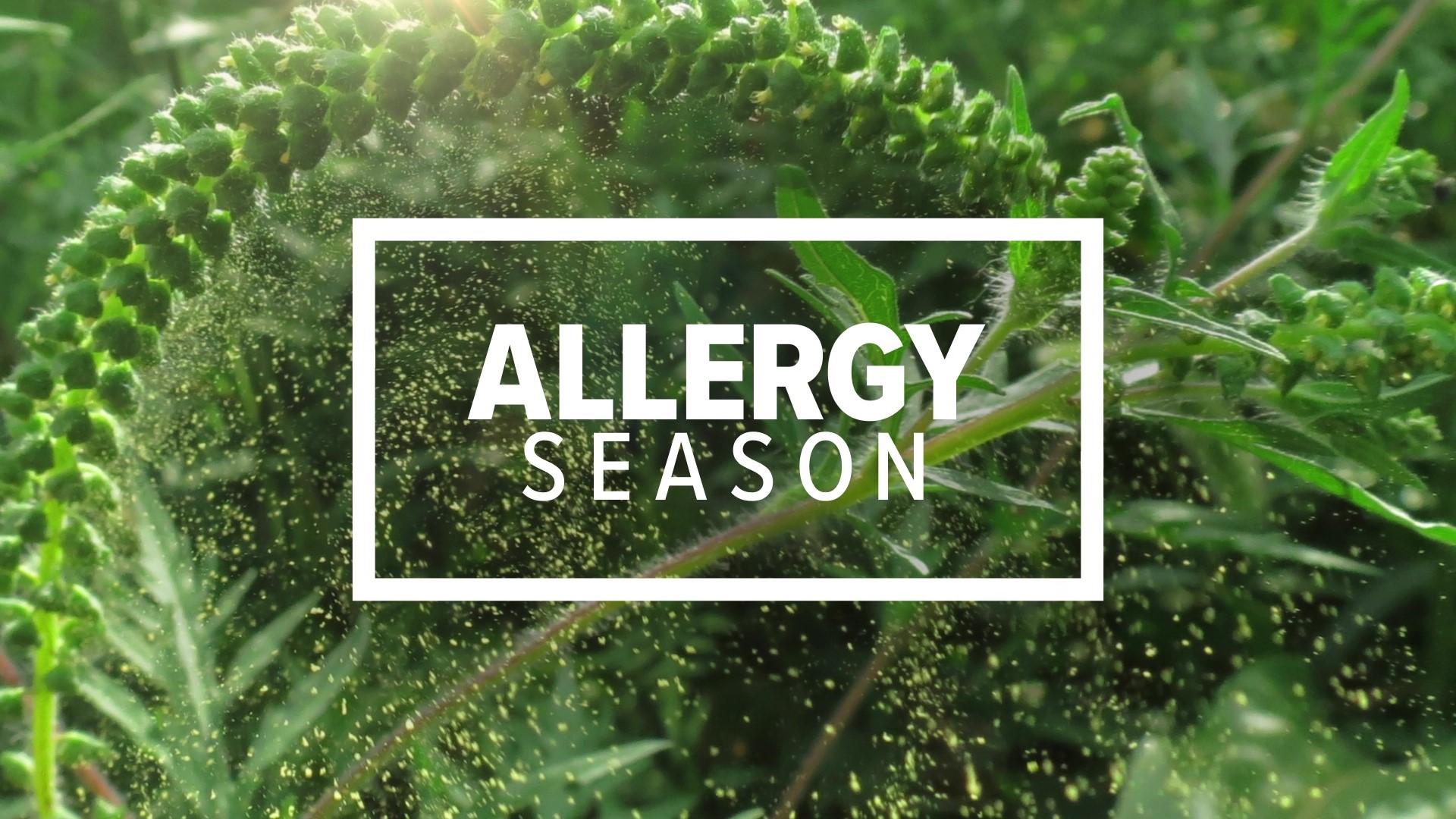JIM THORPE, Pa. — Flowers and buds are beginning to show on Broadway in downtown Jim Thorpe. People like Mollie Thamarus from the Mahoning Valley are starting to feel its side effects — allergies.
"I have to wear makeup every day now because to cover the dark under my eyes. So it doesn't look like I went nine rounds with Mike Tyson. And your nose, waking up every morning with your nose all blocked — not as fun as you would think."
Between drinking tea and taking Allegra and Benadryl, Thamarus is hoping her symptoms get better.
"The spring thaw came early, so you really feel it. Now you're going to feel it a lot longer. I think well into fall."
But despite the mild winter we've had, allergist Dr. Robert Zemble with Lehigh Valley Health Network says spring allergies are starting on time, and pollen levels are average for this time of year.
"I was expecting an earlier season, but right near the end of the winter, it started getting a little colder again, so the levels weren't as high as I was expecting as early," Dr. Zemble said.
If you have seasonal allergies, early spring buds may not be helping. That's why Zemble encourages you to start taking medicine earlier this year.
"Now is definitely the time to start medicines before you are miserable, so if you get symptoms every spring, spring has started its time."
Dr. Zemble also says people should work to keep the outdoors outside.
"Windows shut, air on at home or in the car. If you've been outside, don't sleep in the same clothes that you were outside in. Take off your shoes when you come inside. Don't hang things outside that are going to go on your body, and then be careful with your pets as well because they're going to be collecting pollen as their run around outside."
While the season is off to a slow start, Dr. Zemble expects it to ramp up over the next two weeks when pollen levels increase.
See more Healthwatch 16 stories on YouTube.

